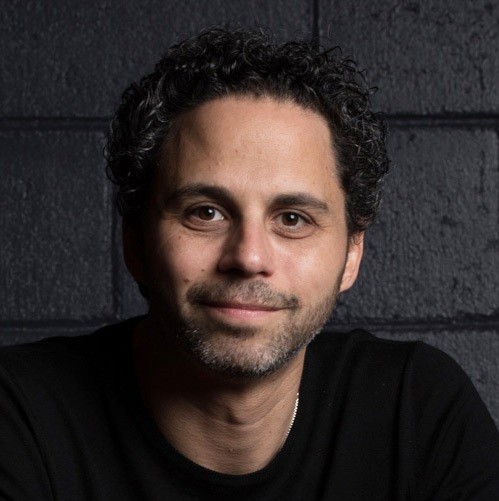‘If you don’t make this one of the roles and responsibilities of someone on the team then, in all likelihood, it’s just not going to get looked at’

Many organizations regularly donate to charities but recently members of the Toronto high-tech community joined together to support a renowned children’s hospital and its ongoing charity drive.
Tech4SickKids is an initiative that was started in 2018 and is designed to raise $25 million to support AI-based hospital technology for SickKids hospital in Toronto. Ecobee, Achievers, Maple and TribalScale have pledged to join the effort, along with Uberflip.
The company implemented a plan that would earmark one per cent of annual growth and give it to SickKids.
“The beauty of the model was, the more we grew each year, the more we would set as our minimum to give back because it was always one per cent of that amount,” says Randy Frisch, cofounder, CMO and president of Uberflip in Toronto.
While in the early days, the company donated around $10,000 per year, it quickly took off as “everyone in the team would rally around it,” he says.
Uberflip then arranged an annual ping pong fundraising tournament for the downtown tech community and found the response overwhelming.
“All the proceeds will go to SickKids [and] it was amazing. We got to the point where we had 1,000-plus people coming to this event and they were all wilfully donating money,” says Frisch.
“The last year or two, we raised over 50K for SickKids from that event alone.”
So far, Uberflip has raised an estimated $160,000 for SickKids and it continues to focus efforts globally, as the company grows.
“Everywhere we go, we’re part of their community. If we have customers and there’s a cause that’s dear and near to what’s going on for them, we’ll back that as well. It’s a way for us to actually make a connection into the ecosystem that we’re a part of,” says Frisch.

Randy Frisch
Last year, as wildfires raged through parts of Australia, “to the credit of one of our employees in that moment, they’re like, ‘My customer is going through this, it’s terrible. What can we do?’” says Frisch.
The company also donated to help India weather its latest wave of COVID, which resonated with Uberflip, as they have employees with family there, as well as a partner organization.
“In that moment, it allowed everyone to say, ‘OK, we have a responsibility there, we have connections there.’ It’s really us saying we value the communities that we’re a part of whether they’re in our backyard or they’re connected to our workforce and customer base,” he says.
“Part of the responsibility of a company is to start somewhere and if we do that, and we highlight what we’re doing to our staff and the impact it’s making, it gives them an understanding of where they can start and how they can grow,” says Frisch.
HR’s role in CSR
But you need someone in the HR, people and culture department to own this, he says.
“This is one of those things that as a responsibility many companies don’t get to the stage where they can have a dedicated CSR [corporate social responsibility] hire until they’ve scaled,” says Frisch.
“If you don’t make this one of the roles and responsibilities of someone on the team, then, in all likelihood, it’s just not going to get looked at so [it’s about] really making sure it’s part of someone’s job description and ownership, and you need that person to be passionate about this too.”
Besides the obvious feel-good aspect of giving back to the community, having a solid ongoing program can be a “retention play,” according to Frisch.
“If you’re an employee, with a cause that’s near and dear to you and your company is contributing to that, that gives you a voice and that gives you a connection: there is no assurance that you go to another company and you’re going to be able to continue to support that. Those are some of those intangibles; it’s not going to keep everyone despite all the other challenges we have as employers but it’s just one thing we can do to increase retention,” he says.
Employers should focus on their brands in order to keep workers, says one HR expert and Canadian employers should beware as U.S. companies are looking north for talent, according to an immigration consultant.




